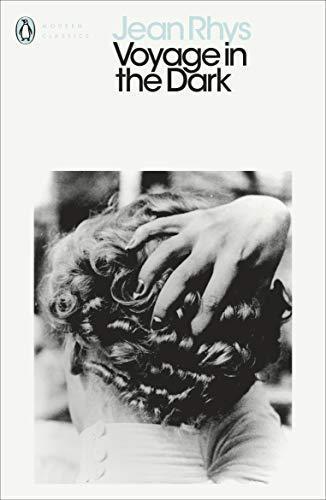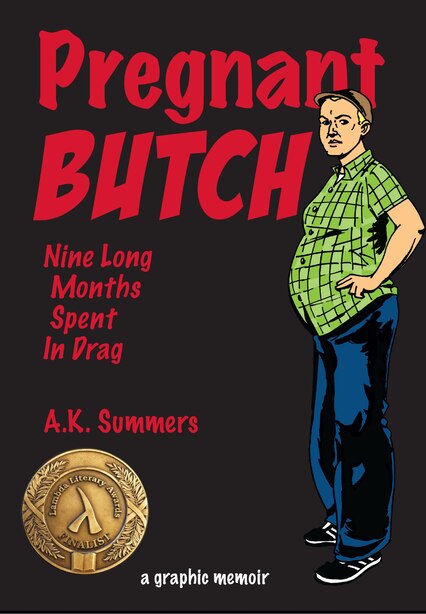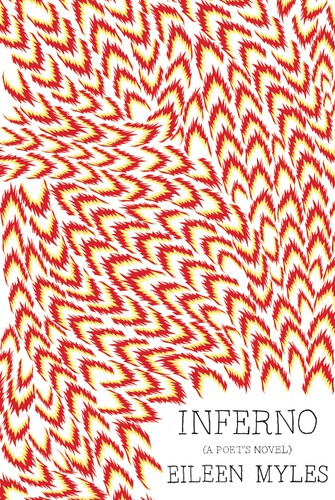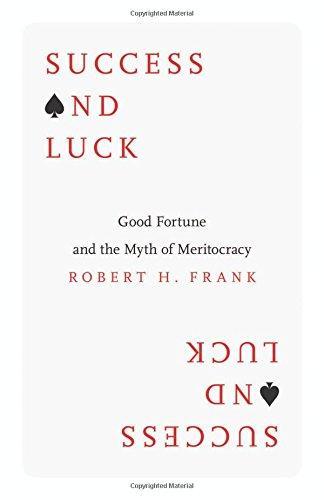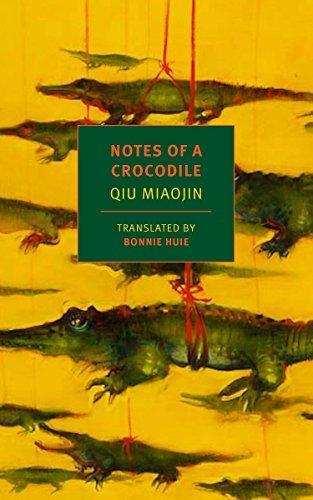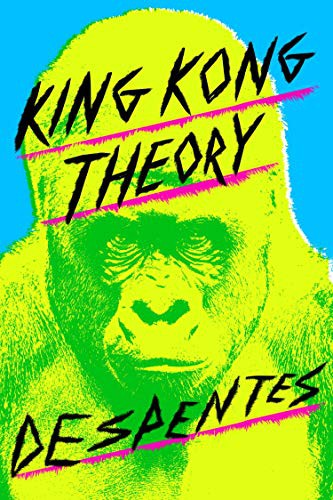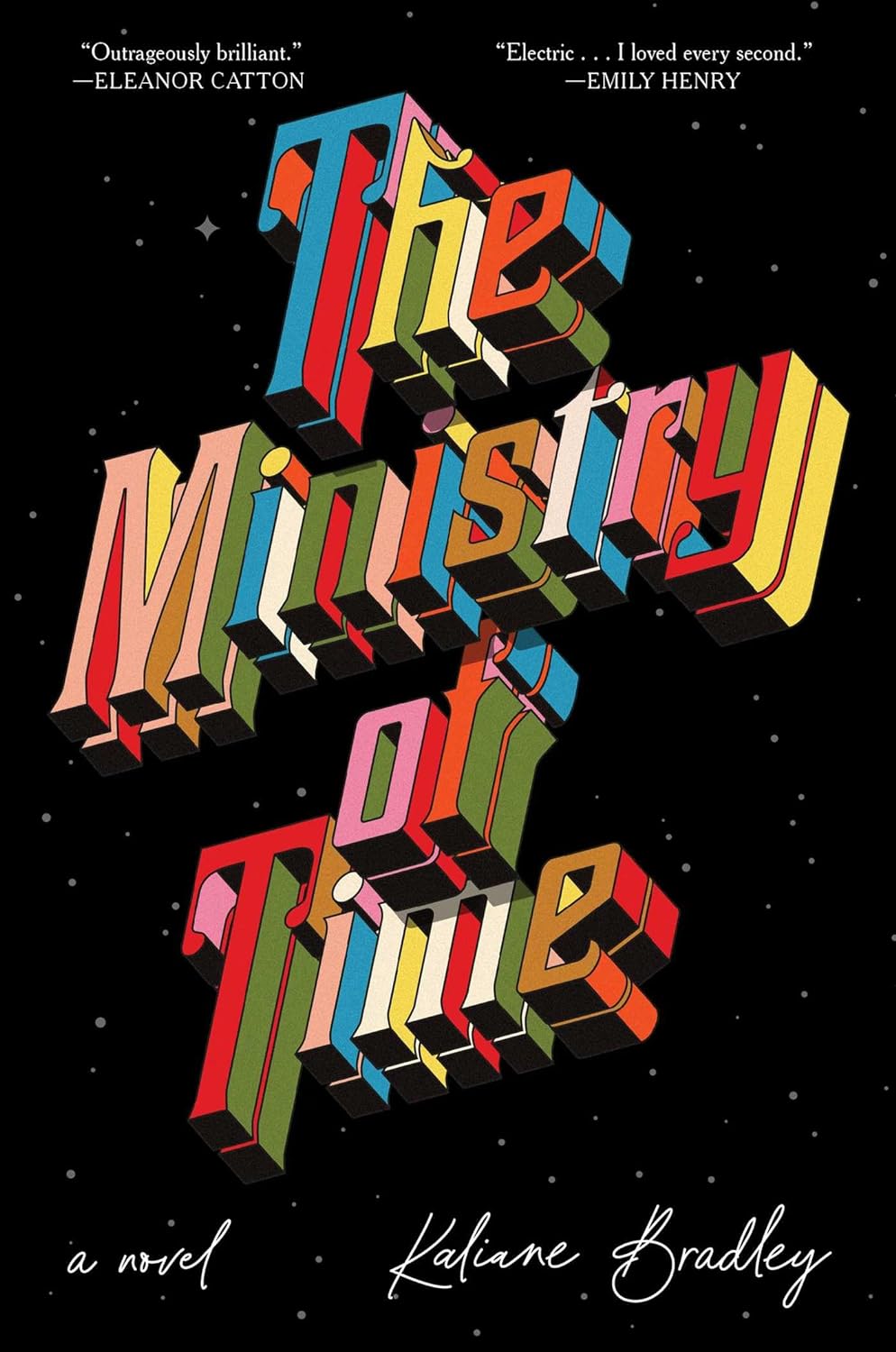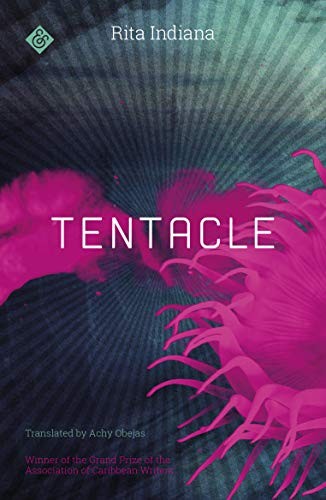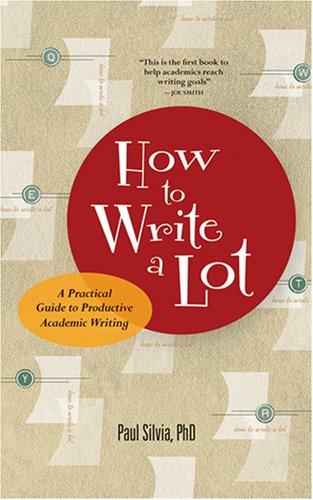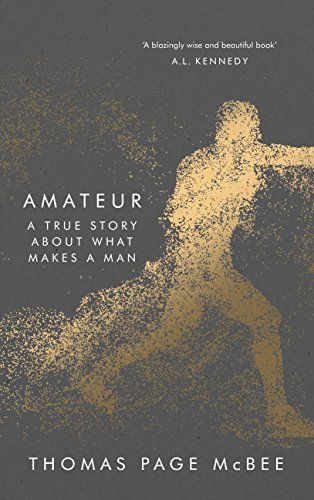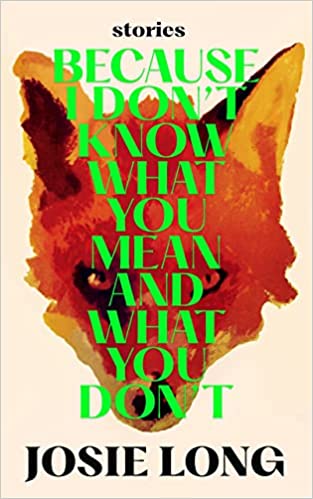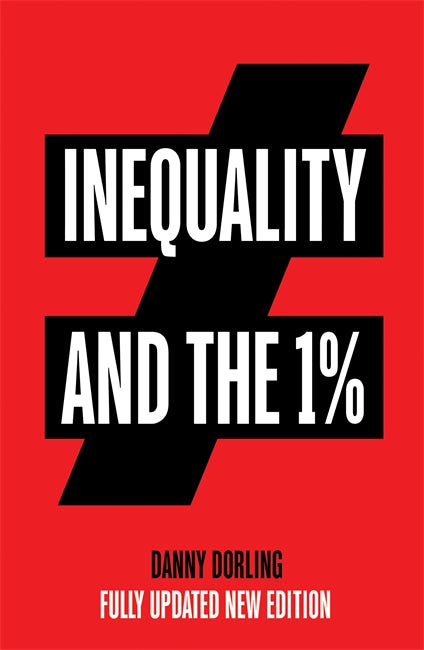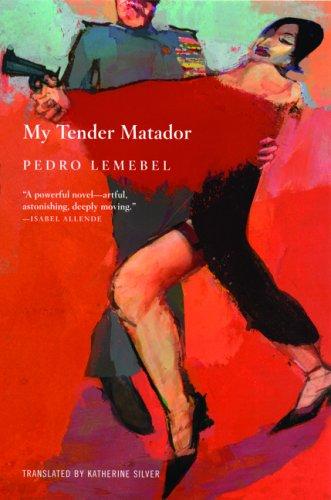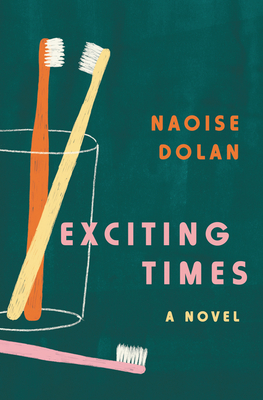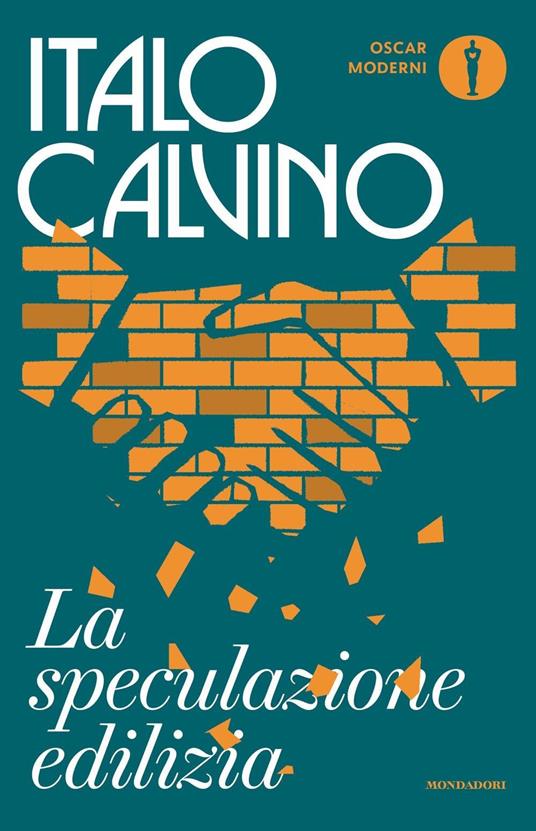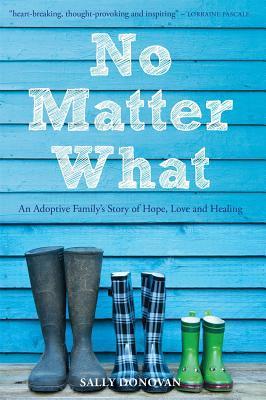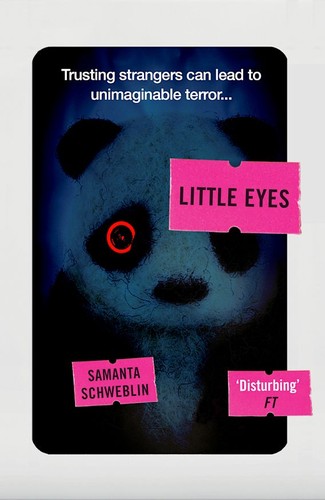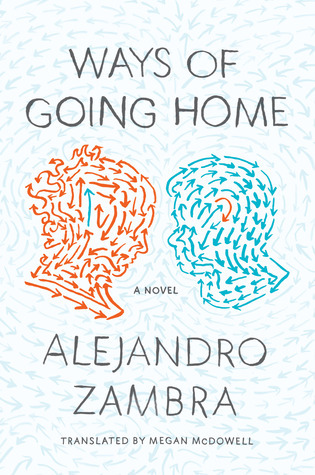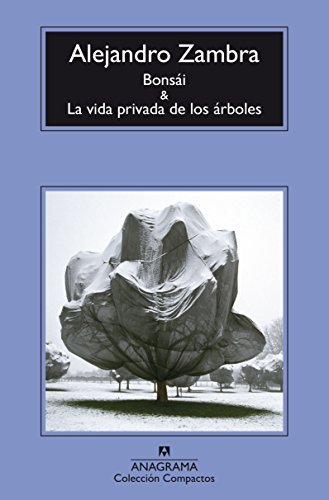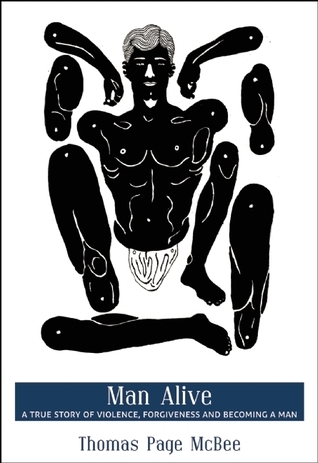ralentina reviewed Territory of Light by Yūko Tsushima
"The apartment had windows on all sides..."
4 stars
The book's narrator is a single mum, abandoned by her husband but nevertheless held responsible for wanting a divorce, for not welcoming here ex's wishes to father their daughter without contributing to supporting her or taking care of her. It is a very moving portrait because neither the mum nor the daughter correspond to ideal types. The mum is exhausted, seeks comfort in casual sex and drunkenness, sometimes cannot find the force to get out of bed and yells at her kid for having needs. Her daughter ( I am not sure we learn her name?) is often grumpy, clearly distressed by the rough break up if her family, wets herself, craves time with her friends' parents who can offer more stability. A cute, imperfect, realistic duo.
If single mothers and children are often portrayed in very stark terms (victims/irresponsible/sluts - victims, innocent, helpless), the book restitutes them complexity through …
The book's narrator is a single mum, abandoned by her husband but nevertheless held responsible for wanting a divorce, for not welcoming here ex's wishes to father their daughter without contributing to supporting her or taking care of her. It is a very moving portrait because neither the mum nor the daughter correspond to ideal types. The mum is exhausted, seeks comfort in casual sex and drunkenness, sometimes cannot find the force to get out of bed and yells at her kid for having needs. Her daughter ( I am not sure we learn her name?) is often grumpy, clearly distressed by the rough break up if her family, wets herself, craves time with her friends' parents who can offer more stability. A cute, imperfect, realistic duo.
If single mothers and children are often portrayed in very stark terms (victims/irresponsible/sluts - victims, innocent, helpless), the book restitutes them complexity through details: the joy of jointly splashing into rain puddles, irascible hang over mornings, the changing of peed-on sheets in the middle of the night, the relatable cruelty of refusing to change peed-on sheets in the middle of the night.
